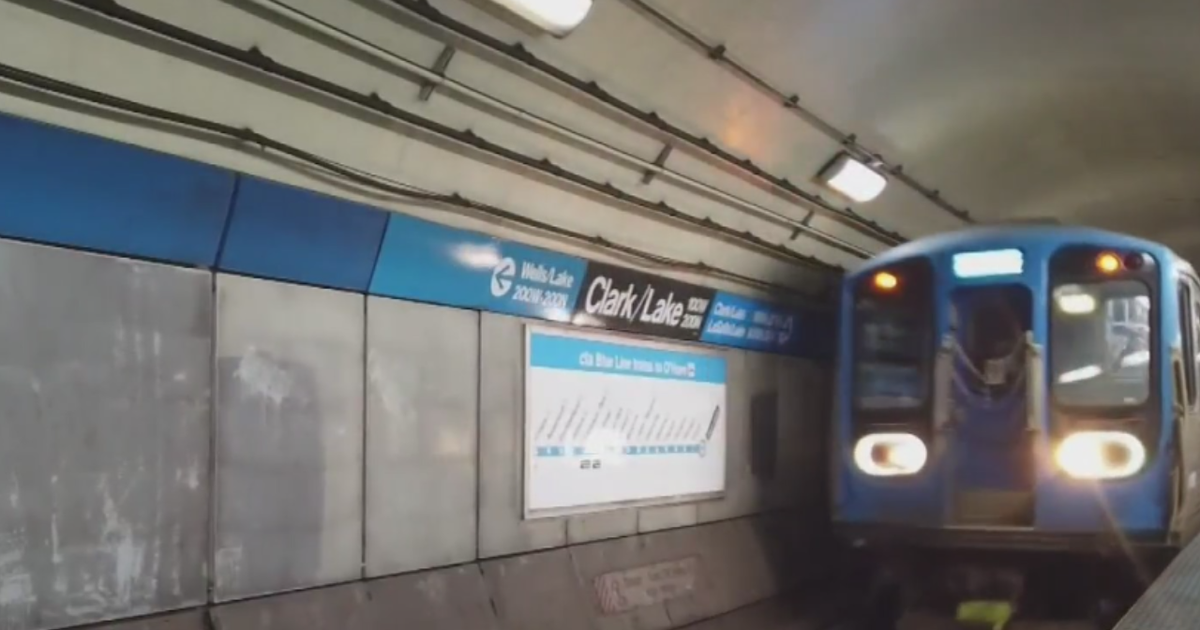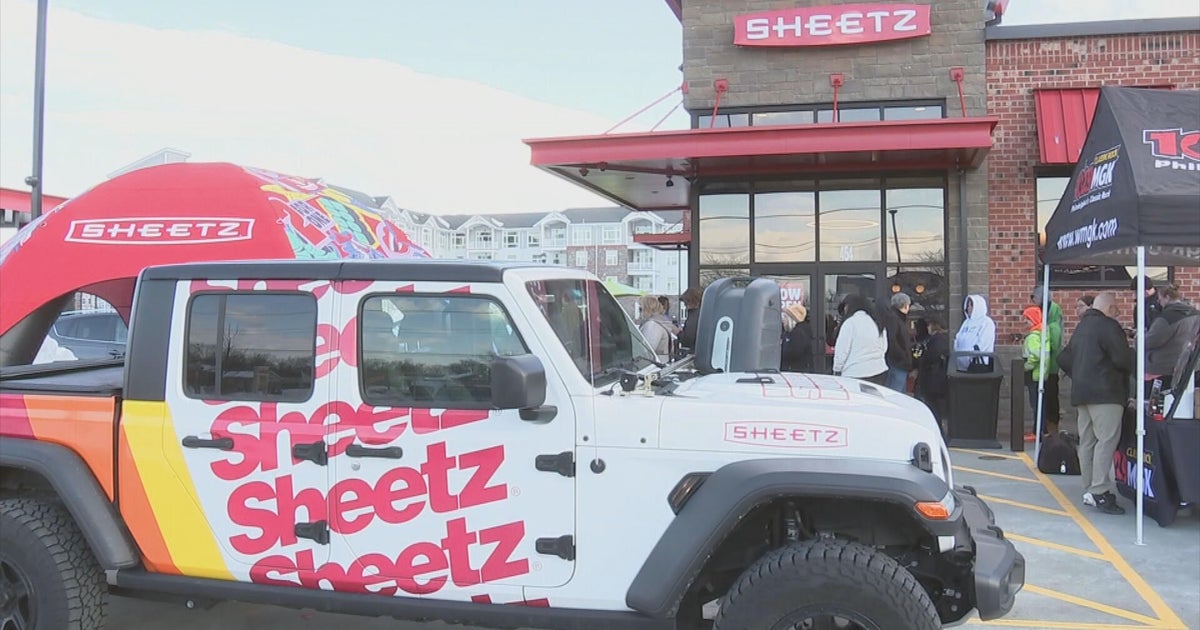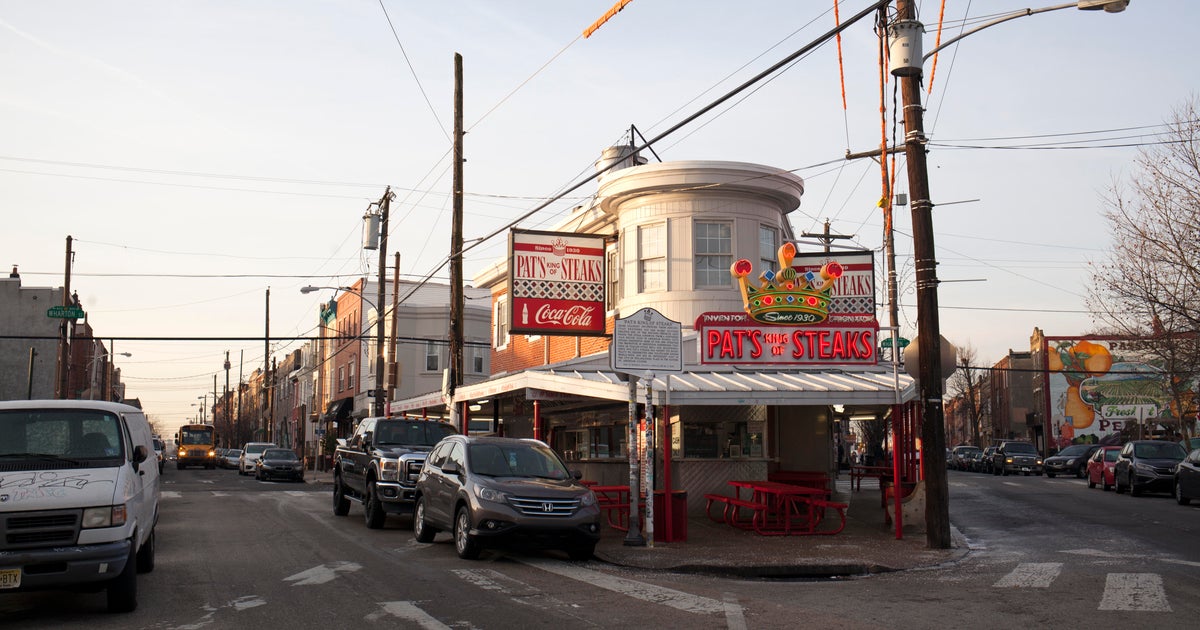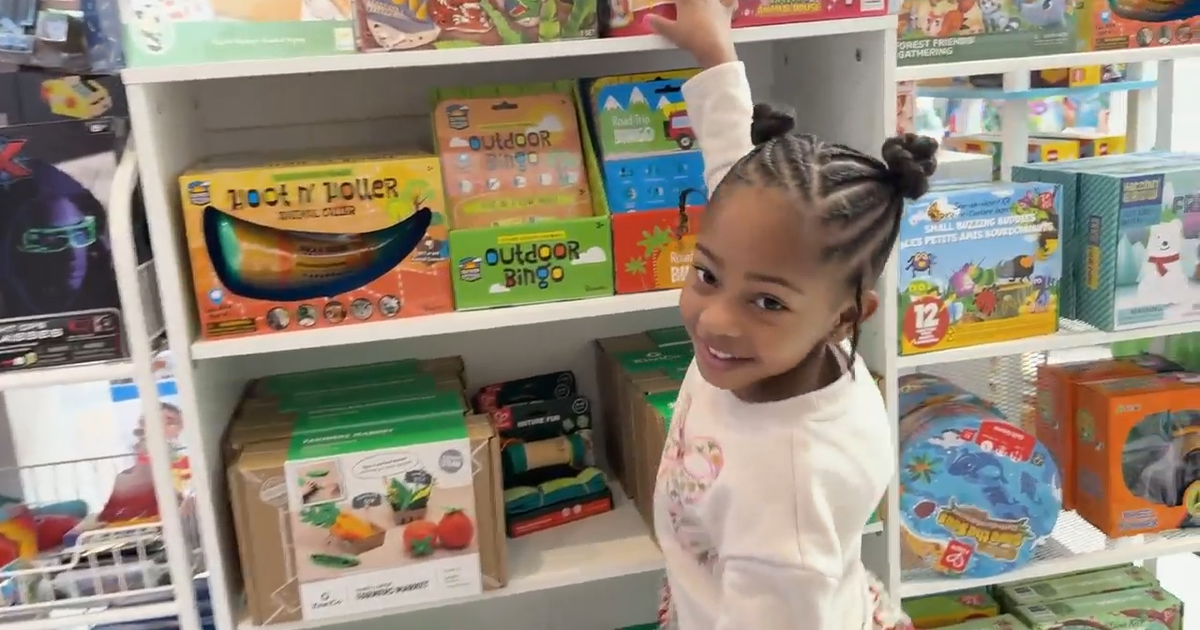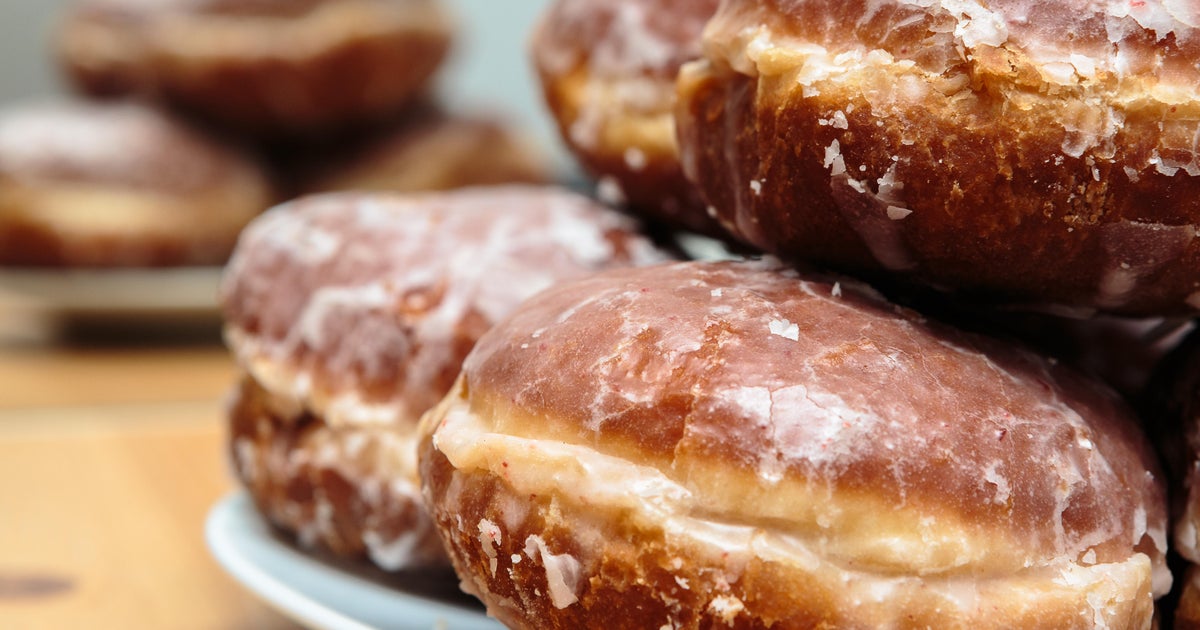Food Trucks Roll Into Chicago
Several food trucks are parked in a lot, and dozens of people are lined up to try the cupcakes and cake balls, tacos, empanadas and soups. After they order, they hang around for a while, sitting on the ground to eat the food while it's hot.
No, I'm not describing Austin, Texas, with its already vibrant food truck scene. Here in Chicago (still building its mobile-food reputation), Food Truck Tuesdays, organized by Chicago-based Mobile Cuisine magazine, are a way to get a selection of trucks in one place. At the northwest corner of North and Halsted, the meet-up happened every Tuesday in June and July from 4 to 7 p.m. It's one of several similar meet-ups, including Evanston's Food Truck Festival in June and Truckin' Thursdays at Ethyl's Beer & Wine Dive (324 S. Racine).
With food trucks, it's not always easy to schedule these kinds of large gatherings. "The tough part is the property and the parking in the city," said Richard Myrick, founder and editor of Mobile Cuisine. But once they get the lot, it's easy to spread the word. All of the trucks are already all over Facebook and Twitter, and people who want the food will go where they tell them. An event like Food Truck Tuesdays "can go viral like 'that,'" Myrick said with a snap.
On June 14, two trucks sat in the CB2 (800 W. North Ave.) parking lot—Sweet Ride and Taquero Fusion—and three more were parked on the other side of the CB2, on Halsted: 5411 Empanadas; the Lunch Machine; and Ja' Grill, which is a mobile extension of the Lincoln Park Jamaican restaurant (1008 W. Armitage Ave.). "It's a way to make us a little more popular and get word out there about business," said Bill Mables, president, of Ja' Grill Restaurant & Lounge's catering division, who was on the truck that day.
Mables is from Philadelphia, where food truck law is very different. There, he said, chefs can cook on trucks and "create a little bit of excitement." There's something about the presentation of cooking, Mables said, and "the smells created with food [preparation] as well allows us to draw more customers in." In Chicago, where chefs are not yet legally able to cook on the truck, most of the excitement and buzz is created through Twitter and Facebook. (An ordinance to allow cooking on trucks is "in limbo," Myrick said.)
Mables doesn't see food trucks as competition for restaurants, which are "blocking progress of food trucks," he said. "I think there's a lot of fear of unknown with restaurants. Once they see it doesn't hurt business, and that it builds up more food traffic for them and gets more excitement for particular items, I'm sure they'll buy into it."
Regular food truck customer Darrell Phipps agrees. "I wish they'd finally break down and just let 'em cook in the damn truck, or if you're parked like this, let 'em cook," he said at the June 14 event. "They're doing as best they can - realistically, the food only holds for so long. If it's done properly, go through the proper inspections, there's no reason they shouldn't be able to cook out of it."
Myrick is also ready for the ordinance to pass. Once that happens, he said, "I expect an explosion of trucks to pop up throughout the city."
